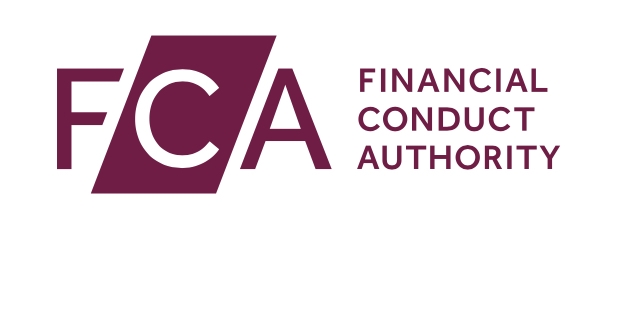The FCA today set out how and why it makes decisions on fines, bans and other sanctions and punishments.
The regulator has published a paper called the Approach to Supervision and Enforcement.
This is designed to “provide transparency to its thought process and decision-making”.
The FCA said its “overriding principle” for enforcement is “substantive justice – to ensure we carry out investigations in a consistent and open-minded way to get the right outcomes”.
Andrew Bailey, FCA Chief Executive said this meant “aiming to achieve fair and just outcomes in response to misconduct and to ensure our rules and requirements are followed”.
He said: “We hope today’s Approach documents outline clearly and in a transparent way, exactly how we fulfil our objectives through supervision and enforcement activity and why we make the decisions in the manner that we do. We are committed to continually improving our models and driving progress.”
The FCA discusses when and where it might prosecute, for example, in a case of financial crime.
The paper published today explained more about how the regulator decides to follow up when wrong doing has been found. It stated: “We aim to make sure the sanction is sufficient to deter the firm or individual from re-offending and deter others from offending. Where we take disciplinary action against a firm or an individual, we will consider all our sanctioning powers, including public censure, financial penalty, prohibition, suspension or restriction orders, as they may apply. We will also apply our penalties policy.
“When we assess the nature of the sanction, we take into account all relevant circumstances. This includes what steps the firm or individual has taken to address the harm and to cooperate with us, including, where relevant, in cooperating with any variation of permission or with the imposition of a requirement.”
Today’s Approach to Enforcement document outlines how the FCA conducts investigations and its powers. It also shows how enforcement “sets out to achieve fair and just outcomes in response to misconduct and to ensure FCA rules and requirements are obeyed”.
The FCA committed to publishing a series of documents as part of its Mission, including today’s, to explain its approach to regulation in more depth.
Professionals will see how the FCA has an “intelligence-driven and data-led approach that enables it to take prompt and incisive action once harm has been identified”, officials said.
The FCA is asking for views on whether today’s documents set out its approach clearly enough. They will be open for consultation until 21 June 2018.

